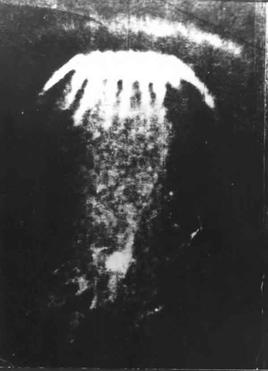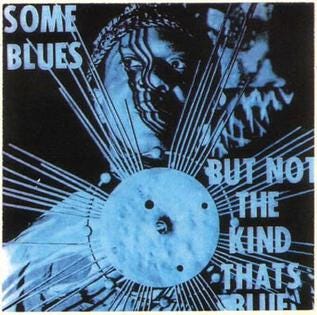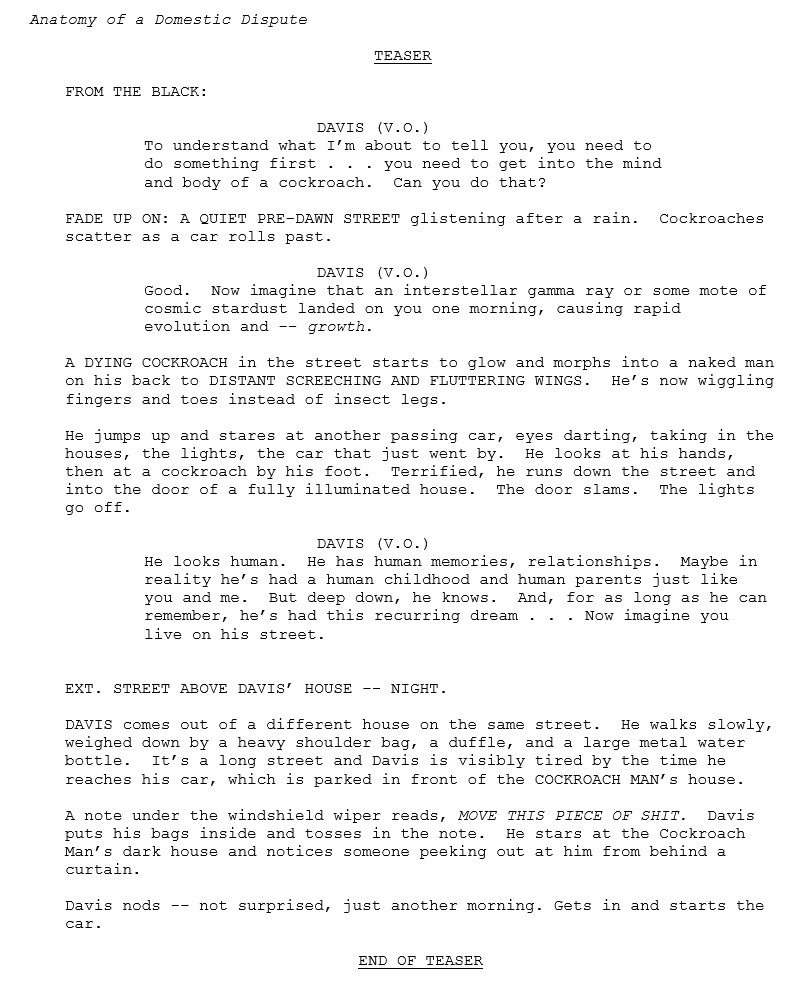
(The following is an exercise in first person voice. It’s not me saying, “Benedicat mihi pater, quia peccavi.” Note the difference. – M)
Today, I’m thinking about the 171 other holiday notes I’ve written over the years, ever since I started a diary in the fifth grade. Admittedly, it was more Dungeons & Dragons than daily observations. But in 1977, no one but my home-room teacher, Sister Evelyn, would have faulted me for indulging in escapism. Things were stressful at home and in the world. Not stressful like they are today, but stressful enough to encourage a quiet fat kid to consider magical flying lizards whenever possible. I think this was around the time I also started reading the news.
Voyager 2 launched, followed a month later by Kosmos 955. The first Apple II computers had just gone on sale. Soon thereafter, not wanting to be left behind, our school got Texas Instruments computers that no one had any idea how to use, especially not the Irish nuns who were our keepers—Are they calculators? Begob and begorra, for all that’s holy, don’t we already have a box of calculators in the teacher’s supply room? Meanwhile, Nazi war criminal, Herbert Kappler, escaped the Caelian Hill military hospital in Rome and New York City had a massive blackout that resulted in Snake Plissken levels of chaos and mayhem. Everyday there were dramatic headines about the Soviets, space, technology, political violence, and murder. Carter was President, if you can imagine.
On September 10, Hamida Djandoubi became the last person to ever be guillotined in France and the Sex Pistols released Never Mind the Bollocks. I read about these things in Newsweek, OMNI, Time, and The San Diego Union-Tribune when I wasn’t consuming pulp sci-fi novels, comic books, and HP Lovecraft. The world seemed like a movie to me, which is probably why I felt I should start writing everything down. And it still seems like a movie, but one that’s been poorly written for “modern audiences,” one which I no longer want to write about all that much.
I turned nine in 1977 and, two days before my birthday, the Petrozavodsk Phenomenon took place in the sky from Vladivostok to Copenhagen, but particularly over Petrozavodsk, the capital of Karelia, where a glowing object cast streams of fire and celestial rays over the city. I recall a Union-Tribune op-ed speculating whether the perfidious Russians had finally released a superweapon that was going to do us all in before next Tuesday.

This was also a time of great fear, not unlike 2023. But it was a different fear. Maybe it was a more psychedelic fear with roots in the previous decade. In the ’70s, we certainly had all the Huxleian herd poison we can now enjoy just by looking at our phones: fear of the other, fear of losing control, fear of unworthiness, fear of failure, even the good old fear of communism, all of it lashed with social confusion, loathing, and strife. The same things we see on X, we saw in Letters to the Editor or heard on talk radio. The toxic sludge just moved at different rates through different channels.
I only took a little of this in at the time, being just as concerned about the adventures of Power Man and Iron Fist as Soviet balls of fire over Europe. Maybe 1977 was the sort of movie that might have been written by Sun Ra, whose Some Blues But Not The Kind That’s Blue also came out that year, an unsettling kind of futurism, a feeling that something was heading towards us whether we wanted it or not.

In the 170 holiday diary entries that followed, clustered around each Christmas, New Years, Thanksgiving, and Easter like darts around a bullseye, I could trace the progress of my life, if I felt inclined to think of each year as another step forward towards some apotheosis, some place where my pain might end and things might finally be handled. I don’t want to do that, obviously. It sounds too much like the finale of the Petrozavodsk Phenomenon, yours truly going up in a flaming sphere of light somewhere above Helsinki. I’ll stay on the ground, unenlightened, if you please.
There’s a grace in being nothing special. In memoirs, people love to talk about how precocious they were as kids—as if that validates them or the supreme indulgence of perpetrating an autobiography. But if they’re inventive writers, we’re usually willing to play along. As one of the instructors in my MFA program liked to say, “No adult reader is ever that interested in what a kid thinks. This is why you write Tom Sawyer.”
Ultimately, every kid in a story is somewhere on a spectrum between Tom Sawyer and Little Nell, and if you want people to get onboard with your narrative, you’d better emphasize the former. Still, no memoirist ever comes out with this much truth: I was slow-witted, alienated, dysmorphic, and not very clever. The teachers didn’t like me and I caught many regular beatings from older, angrier versions of myself. I didn’t understand anything. I read Newsweek.
So let me admit it once and for all: I do not miss 1977. Having read this far, I bet you can imagine why. I was no Tom Sawyer. I was not precocious. I was mostly a target for emotionally unhealthy people at home and at school, a sad kid who liked to escape into his imagination. Many decades later, the imagination bit is still true and I hope I’m at least proportionally a little less dense. But I’m still a sad kid.
This year, the sad kid is doing many things that would have astounded and perplexed his nine-year-old self. He lives in Hawaii and works full-time in the admin wing of an academic department, where he also teaches from time to time. He’s married to a lovely brilliant woman. He’s writing fiction every day (and actually finishing some of it). He’s studying a Japanese-Hawaiian form of karate. And he’s healthier than he’s ever been. He still thinks about flying magical lizards but, in 2023, everybody thinks about flying magical lizards. This is the flying magical lizard decade.
For this fact alone, Sun Ra would smile on us from space, which he was at pains to have us understand, is the place. After the pandemic, we know it is. But not in a Jeff Bezos glass-dome-on-Mars sense. More in a post-post-modern straight-edge Timothy Leary sense: Turn inward. Find the others. At least make an attempt before the next barnyard gain-of-function virus has its way with your respiratoriorum. And remember, just because a ball of fire in the sky is attributed to a communist satellite doesn’t mean winged fire-breathing reptiles don’t exist. Think about it.




